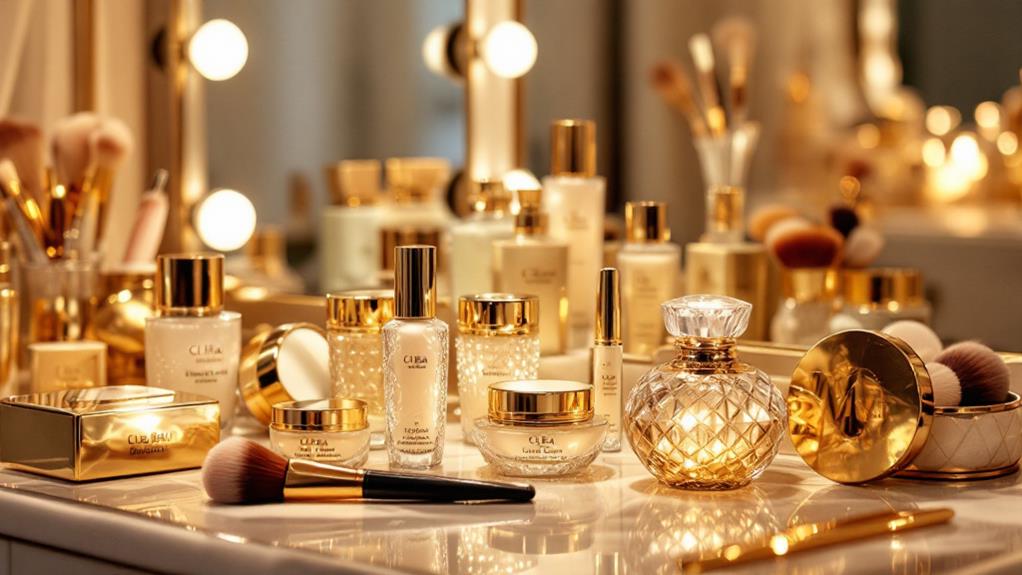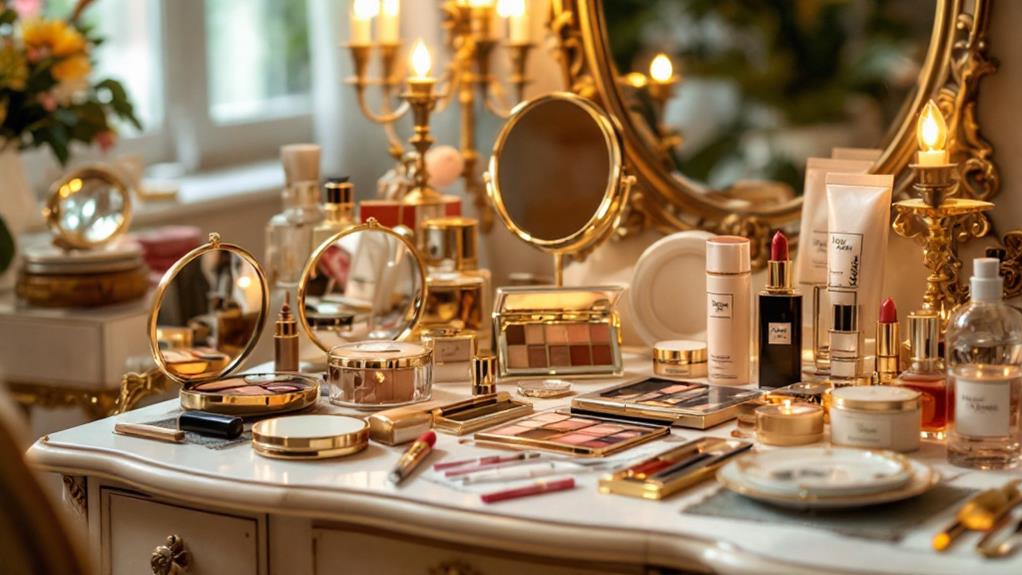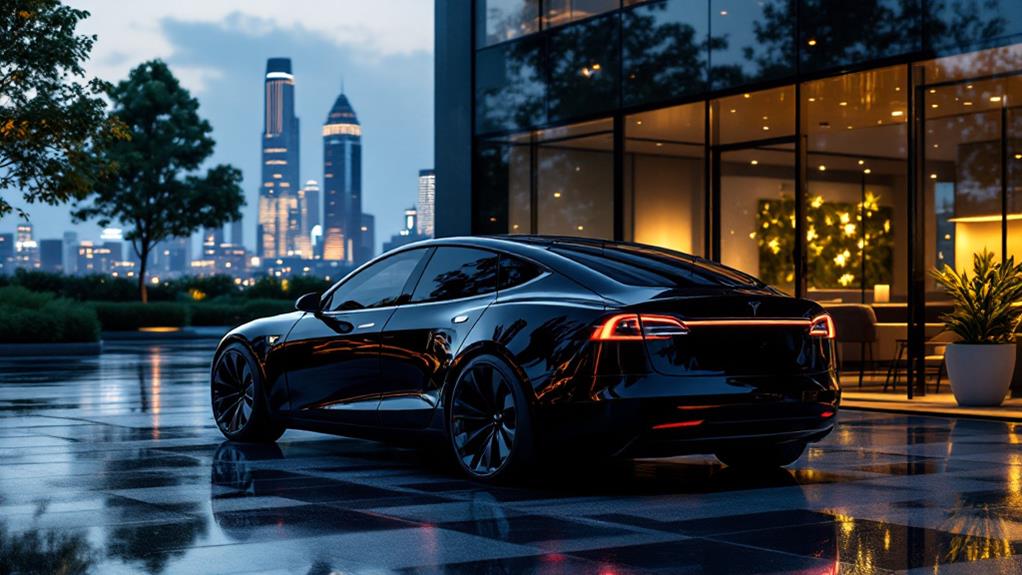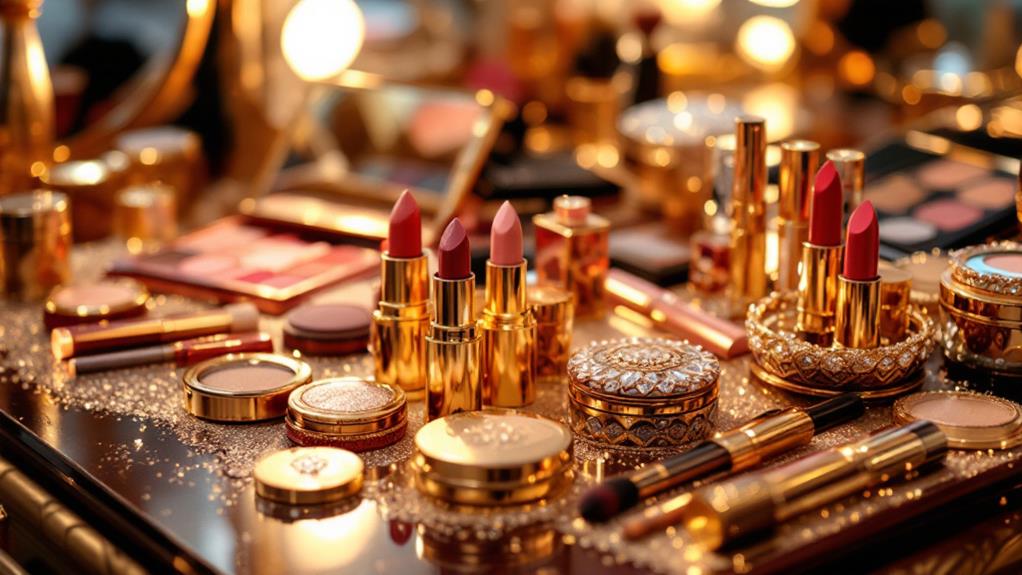How Celebrities Influence Luxury Brands: A Deep Dive
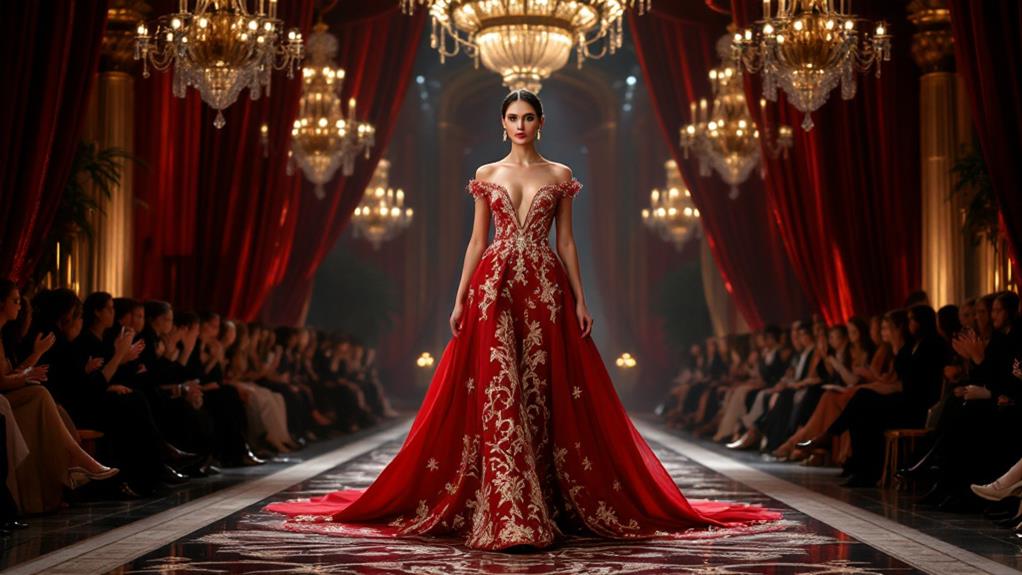
Celebrities wield significant power over luxury brands by enhancing credibility, increasing sales, and forging emotional connections with consumers. When aligned well, their endorsements can raise brand awareness and loyalty. Companies assess fan demographics and values to guarantee their ambassadors resonate with the brand's identity. They stay vigilant against risks, ready to manage any scandal swiftly. Brands often see a 20% sales lift from effective celebrity partnerships. Iconic collaborations, like Rihanna with Fenty Beauty, highlight diversity and cultural relevance. To understand more about the intricate mechanics behind these influential endorsements and future marketing trends, you're already on the right track.
Celebrity Endorsement Power
Celebrity endorsements often wield significant power in enhancing brand credibility, especially in luxury markets where aspirational marketing thrives. When a celebrity aligns with a brand, it's not just their face or name that captivates consumers; it's the trust they've built over time. You perceive that these celebrities have vetted the products they endorse, which elevates brand awareness and can increase sales by up to 20%. This is particularly true in luxury branding, where the brand image is everything, and your aspirations are tied to the elite lifestyles celebrities symbolize.
The emotional connections you form with your favorite celebrities can lead to enduring brand loyalty. When a beloved celebrity endorses a product, you're more likely to remain loyal to that brand, feeling a personal connection that transcends mere consumer behavior. However, the alignment of a celebrity's values with the brands they promote is essential. Misalignment can lead to negative backlash, especially with today's heightened social media engagement. You'll notice that when this alignment is spot-on, the results are measurable through increased sales, positive shifts in brand awareness, and a stronger brand image, all anchored in mutual trust.
Audience Alignment Strategies
To harness the full power of celebrity endorsements, luxury brands must carefully consider audience alignment strategies. You need to analyze the demographics of a celebrity's fan base to guarantee they match your target market, enhancing the success of your campaigns. Understanding the values and public image of potential celebrity endorsers is crucial. They should resonate with your brand identity, ensuring your messaging stays consistent and authentic.
Social media engagement metrics are a goldmine for evaluating a celebrity's influence and their connection with their audience. You want endorsers who can authentically connect with consumers, fostering genuine emotional connections. Long-term partnerships with celebrities who have sustained relevance can deepen these connections, improving brand loyalty over time.
Aligning with celebrities committed to social responsibility and ethical practices can markedly elevate your brand's appeal, especially among socially-conscious consumers. Such alignment can also speak volumes about your brand's dedication to social responsibility.
- Analyze celebrity fan demographics for effective audience alignment
- Evaluate celebrity values to guarantee brand identity alignment
- Use social media engagement to gauge authentic connections
- Pursue long-term partnerships for sustained emotional connections
- Choose endorsers with strong social responsibility commitments
Managing Risks and Scandals
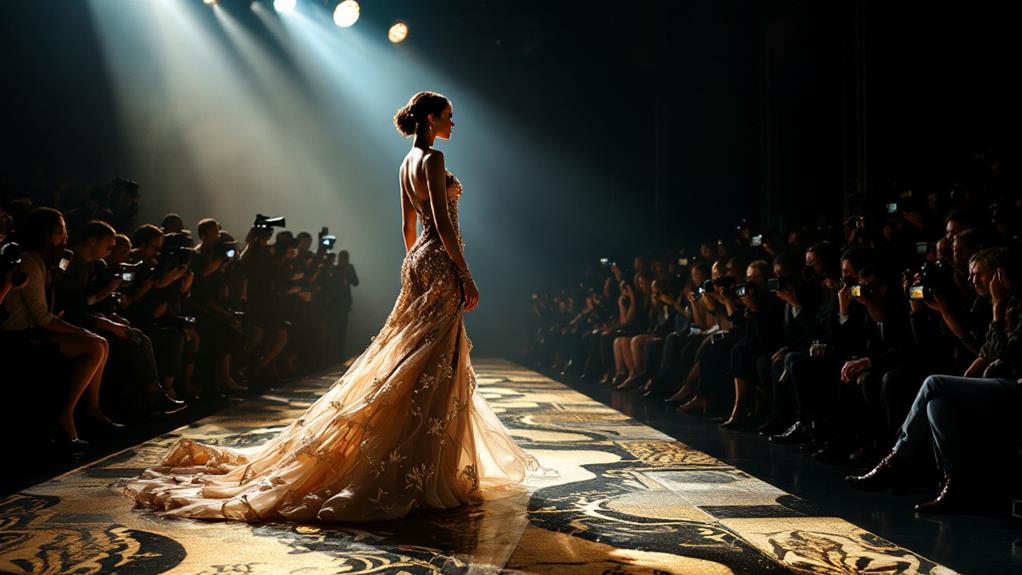
Steering through the turbulent waters of celebrity endorsements requires brands to be prepared for potential scandals. You need a crisis management playbook to swiftly address controversies, as social media can amplify backlash and damage your brand image in no time. Transparency is essential; issuing timely apologies and corrective measures can help restore consumer trust.
Before entering a partnership, conduct thorough reputation assessments. Verify the celebrity's values align with your brand's. This proactive approach helps avoid scandals and reinforces ethical practices. Prioritizing alignment with socially responsible values can maintain consumer trust even amidst controversies.
Should a scandal arise, see it as a potential redemption opportunity. Both the celebrity and your brand can recover and even strengthen consumer connections through effective crisis management. Maneuvering through these challenges successfully can lead to a more resilient brand image.
Measuring Campaign Success
While steering through scandals is part of the voyage, evaluating the success of celebrity partnerships is likewise significant. You need to measure how these celebrity endorsements translate into real-world outcomes for luxury brands. The process includes analyzing sales figures, which often see a notable hike post-campaign. Brand awareness surveys are essential, as they reveal shifts in consumer recognition and perception, directly impacting brand visibility.
To effectively measure ROI, consider the following:
- Sales Figures: Track sales before and after the campaign to gauge immediate financial impact.
- Brand Awareness Surveys: Measure shifts in consumer perception and brand recognition.
- Consumer Engagement: Analyze engagement analytics on social media to understand interaction levels.
- Market Share Evaluations: Compare market positioning pre- and post-endorsement.
- Financial Investment vs. Revenue: Conduct a cost-benefit analysis for accurate ROI.
Iconic Celebrity Collaborations
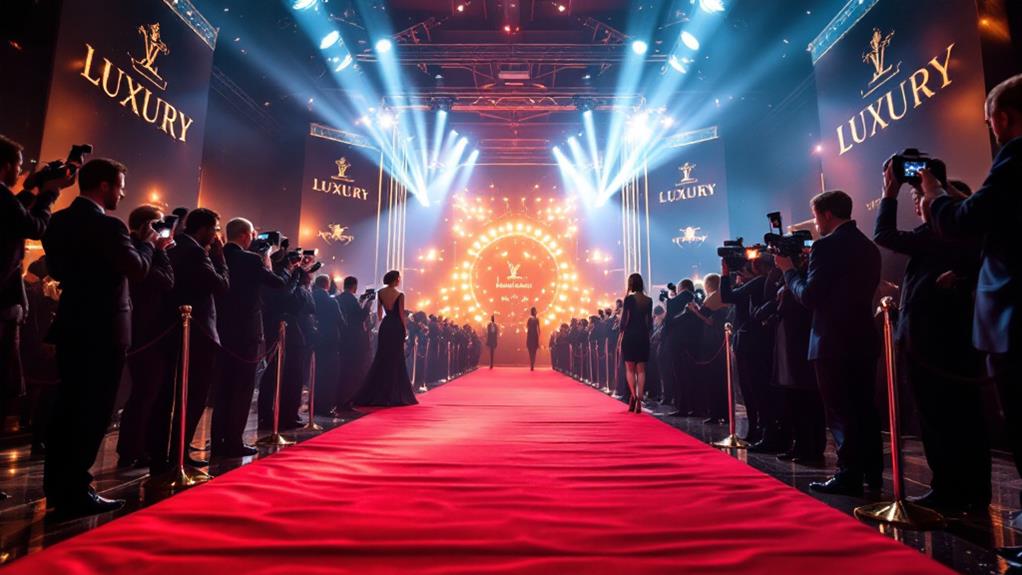
Celebrating the synergy between star power and luxury, iconic celebrity collaborations have reshaped industries and redefined brand identities. Take Lady Gaga's collaboration with Tiffany & Co. for the HardWear collection, for example. This successful celebrity partnership didn't just improve brand perception; it created an emotional connection with consumers, making the collection a quick sellout. Such iconic partnerships highlight how celebrity endorsements can uplift luxury brands by fostering brand recall and driving consumer interest.
Michael Jordan's iconic partnership with Nike is another proof of the power of celebrity influence. This collaboration not only transformed sports marketing but also sneaker culture, with the Air Jordan brand generating over $3 billion in revenue in 2021. Here, cultural relevance and groundbreaking marketing strategies played key roles in securing Jordan's place in the luxury market.
Similarly, David Beckham's collaboration with Adidas has increased brand visibility globally. His image, tied with sportsmanship and style, has driven consumer interest, showcasing how successful celebrity endorsements can raise a brand. Rihanna's Fenty Beauty line, in partnership with LVMH, and Pharrell Williams' work with Chanel further emphasize the importance of diversity and streetwear in luxury brands, making these collaborations culturally relevant and financially rewarding.
Future Marketing Trends
In the current fast-paced online environment, the future of luxury brand marketing is set to be transformed by the integration of virtual influencers and AI-generated endorsements. This shift caters to tech-savvy consumers who demand innovation and personalization. As traditional celebrity endorsements evolve, brands are increasingly tapping into the power of social media influencers, particularly micro-influencers. These influencers create authentic connections with niche audiences and are often seen as more relatable and trustworthy.
Future trends in luxury brand marketing include:
- Virtual influencers and AI-generated endorsements: Engaging tech-savvy consumers with cutting-edge digital experiences.
- Micro-influencers: Building authentic connections with targeted niche audiences.
- Sustainability and social responsibility: Aligning with consumer expectations for transparency and ethical practices.
- Experiential marketing: Creating engaging brand experiences that forge deep emotional bonds.
- Digital-first approaches: Utilizing personalized and interactive campaigns to capture millennial and Gen Z attention.
As consumer expectations continue to evolve, luxury brands must adapt by prioritizing sustainability and social responsibility. By focusing on experiential marketing and embracing digital-first approaches, brands can effectively engage with a new generation of consumers, ensuring their place in the future of luxury brand marketing.

